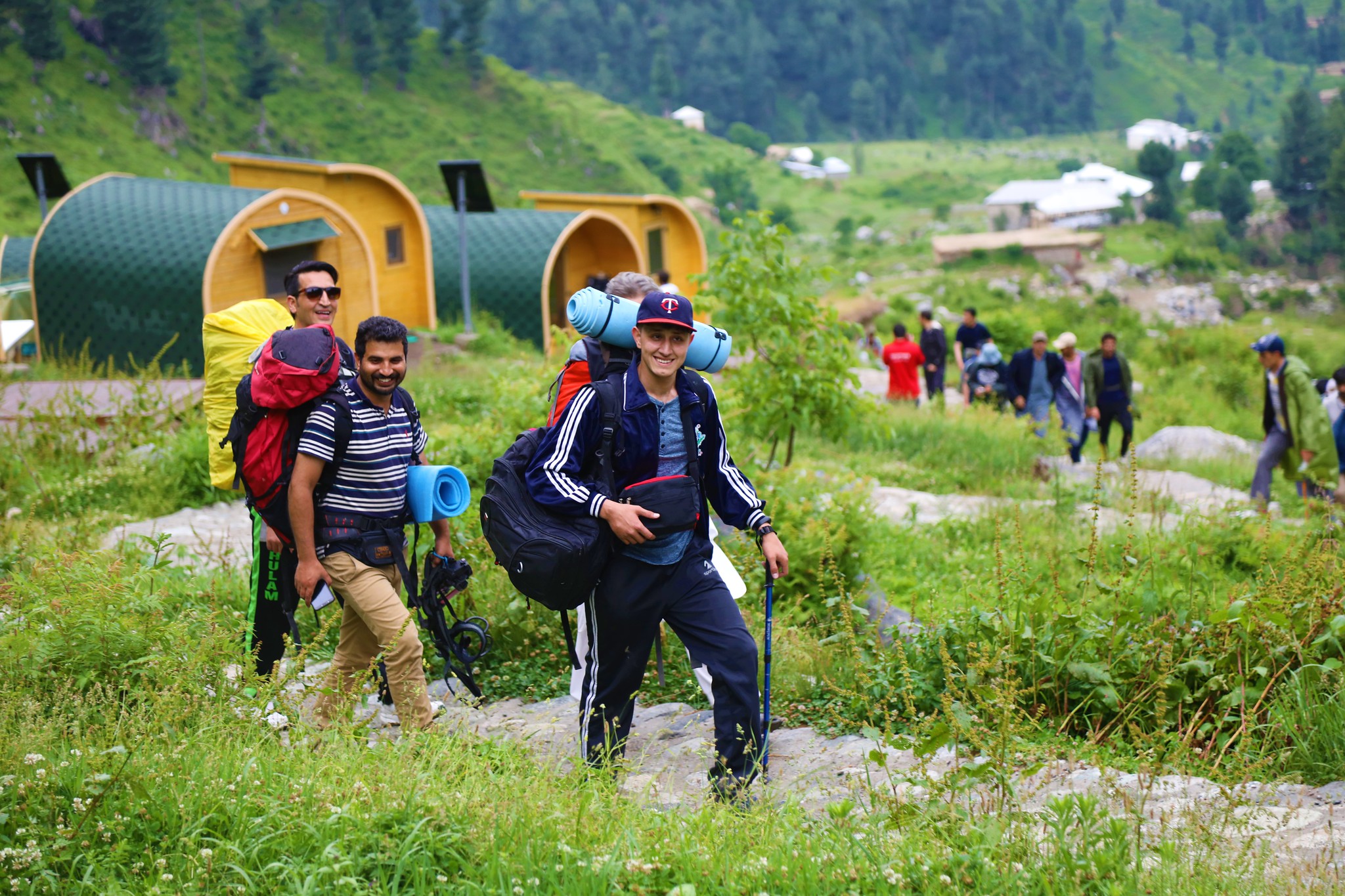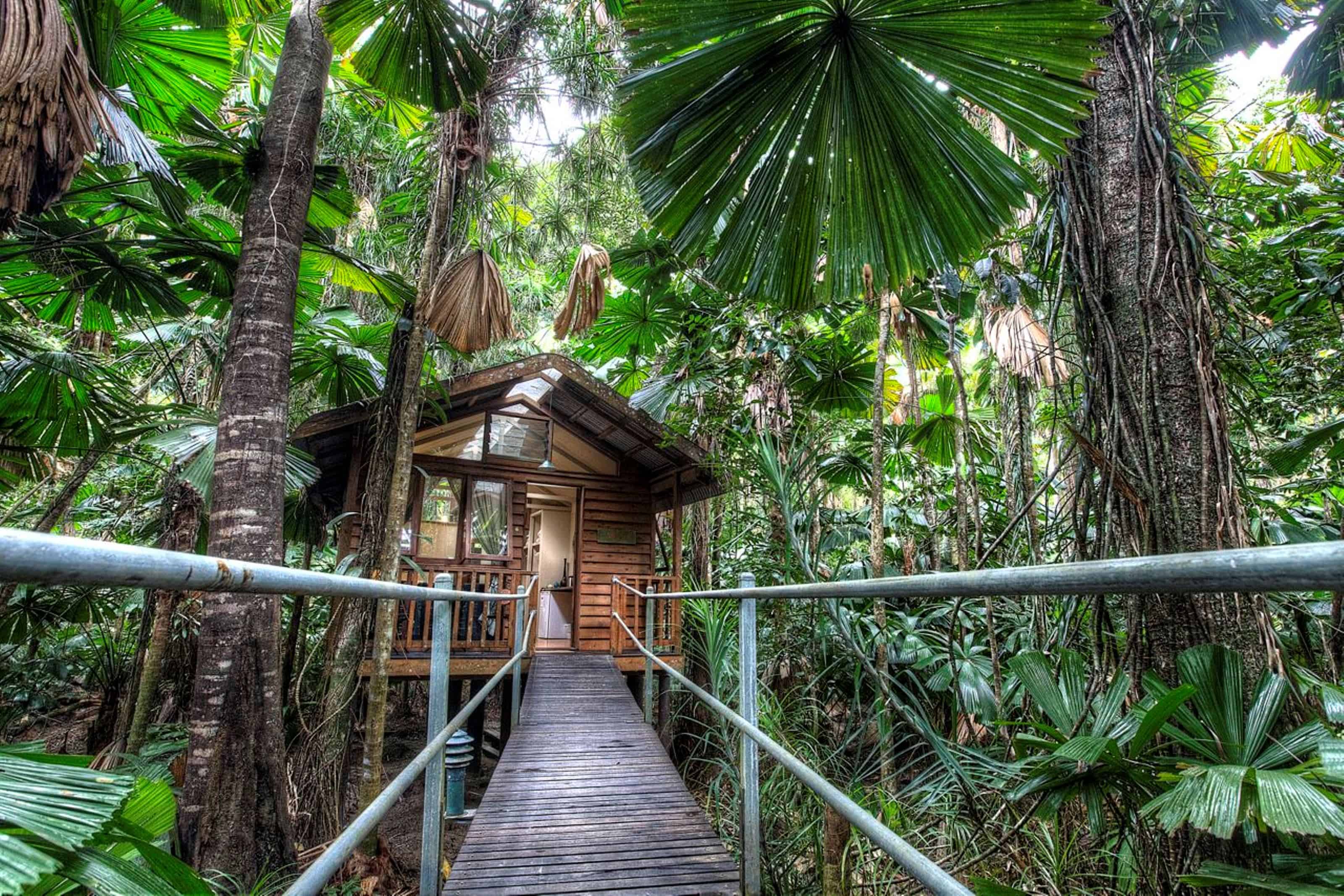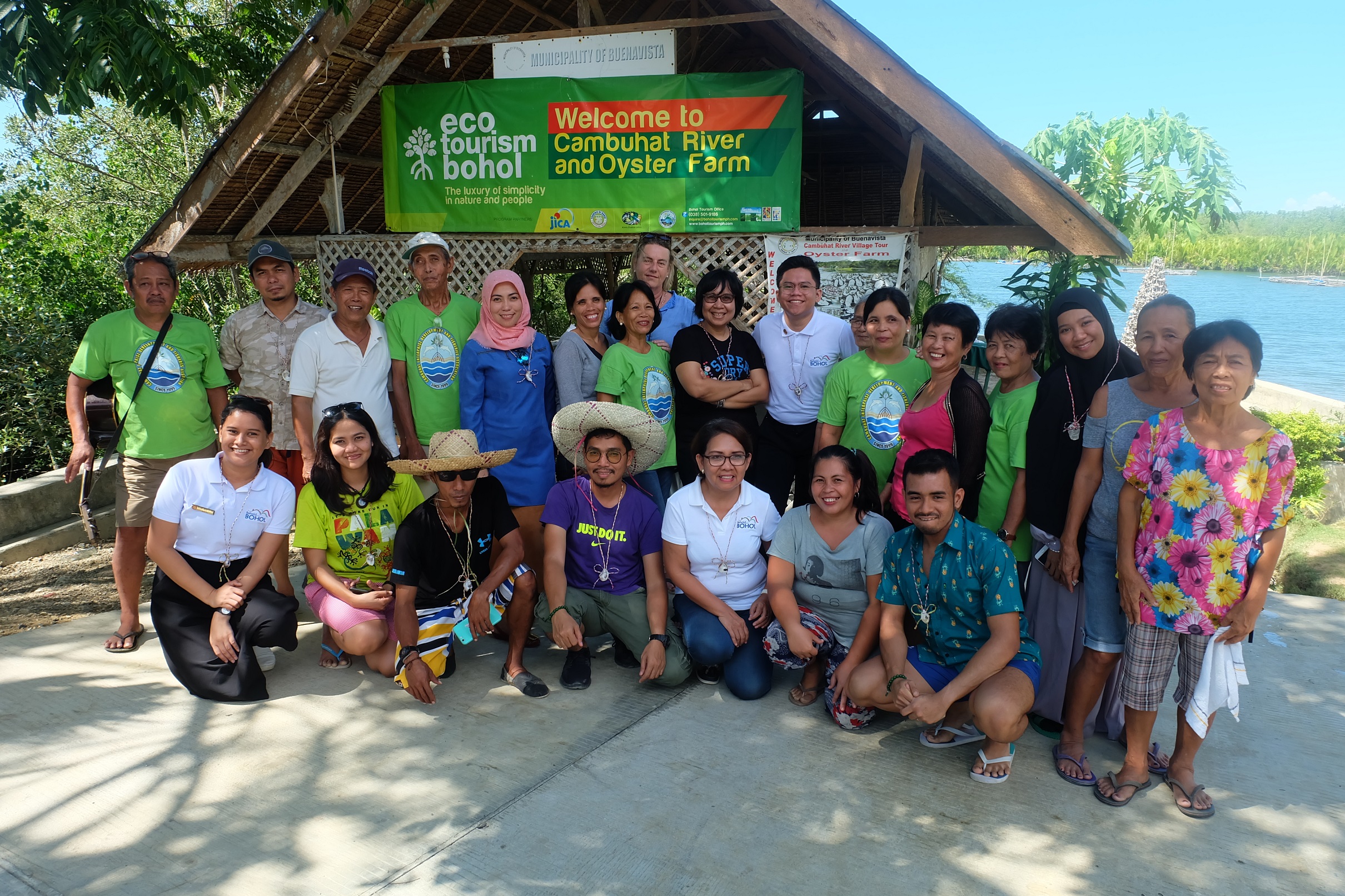Community based eco tourism – Community-based eco tourism is not just a buzzword; it’s a transformative force that empowers local communities and safeguards our planet. By embracing this approach, we unlock a world of sustainable travel that benefits everyone involved.
From the lush rainforests of Costa Rica to the vibrant coral reefs of Indonesia, community-based eco tourism initiatives are proving that tourism can be a force for good. By involving local communities in every step of the process, these projects create jobs, preserve natural resources, and promote cultural understanding.
Definition and Overview of Community-Based Eco Tourism

Community-based eco tourism is a form of tourism that focuses on empowering local communities and promoting environmental conservation. It involves actively engaging local communities in the planning, development, and operation of tourism activities while ensuring that the environment is protected and respected.
Unlike traditional tourism, which often benefits large corporations and external stakeholders, community-based eco tourism aims to distribute the economic benefits of tourism more equitably among local communities. It also seeks to minimize the negative environmental impacts of tourism and promote sustainable practices that preserve the natural and cultural heritage of the area.
Examples of Successful Community-Based Eco Tourism Initiatives, Community based eco tourism
There are numerous successful examples of community-based eco tourism initiatives around the world. One notable example is the Great Barrier Reef Marine Park in Australia, where local indigenous communities play a significant role in managing and protecting the reef through ranger programs and cultural tours.
Another example is the Community Baboon Sanctuary in Belize, which was established by local villagers to protect a troop of black howler monkeys. The sanctuary has become a popular tourist destination, generating income for the community while also raising awareness about the importance of conservation.
Community-based eco-tourism offers a unique way to experience local cultures while promoting sustainable practices. It often incorporates cultural ecotourism , which emphasizes the preservation and celebration of traditional customs, arts, and beliefs. By immersing travelers in the daily lives of local communities, this approach fosters cultural exchange and empowers indigenous peoples to share their stories and perspectives.
Benefits of Community-Based Eco Tourism

Community-based eco tourism offers a range of benefits to local communities, including economic, environmental, and social advantages. These benefits can contribute to the sustainable development of communities and help preserve natural and cultural heritage.
Economic Benefits
Eco tourism can create jobs for local people in various sectors, such as guiding, hospitality, and handicrafts. This can provide additional income and reduce poverty in the community. Additionally, revenue from eco tourism can be used to fund local development projects, such as schools, clinics, and infrastructure improvements.
Environmental Benefits
Community-based eco tourism can promote conservation of natural resources and protection of biodiversity. By involving local communities in the management of tourism, they have a vested interest in protecting the environment and ensuring its sustainability. Eco tourism can also raise awareness about environmental issues and encourage responsible travel practices.
Social Benefits
Eco tourism can contribute to cultural preservation and community empowerment. It can provide opportunities for local people to share their culture and traditions with visitors, promoting understanding and appreciation. Eco tourism can also empower local communities by giving them control over their resources and decision-making processes.
Challenges of Community-Based Eco Tourism
Community-based eco tourism projects face various challenges that can hinder their success and sustainability. These challenges include lack of funding, inadequate infrastructure, and a shortage of skilled workforce.
Sustainable practices are crucial for mitigating environmental impacts and ensuring the long-term viability of eco tourism projects. Collaboration between local communities, tourism operators, and government agencies is essential for addressing these challenges and fostering sustainable tourism development.
Funding
- Securing adequate funding is a major challenge for community-based eco tourism projects, as they often lack access to traditional sources of capital.
- This can limit their ability to invest in infrastructure, marketing, and training, which are essential for attracting tourists and generating revenue.
Infrastructure
- Many community-based eco tourism projects are located in remote areas with limited infrastructure, such as transportation, accommodation, and communication.
- This can make it difficult for tourists to access the project and can limit the project’s ability to provide a high-quality experience.
Skilled Workforce
- Community-based eco tourism projects often lack a skilled workforce with the knowledge and experience necessary to manage tourism operations effectively.
- This can lead to poor service quality, negative environmental impacts, and a lack of customer satisfaction.
Best Practices for Community-Based Eco Tourism: Community Based Eco Tourism

Developing and managing community-based eco tourism projects requires careful planning and implementation to ensure the project’s success and sustainability. Here are some best practices to consider:
Involving Local Communities
- Engage local communities in all stages of the project, from planning and development to implementation and monitoring.
- Establish clear roles and responsibilities for community members, ensuring they have a say in decision-making.
- Share benefits equitably with the community, including financial benefits, employment opportunities, and cultural preservation.
Cultural Sensitivity and Authenticity
Respect and preserve the cultural heritage and traditions of the local community. Ensure that tourism activities are compatible with local customs and beliefs.
Promote authentic experiences that allow visitors to connect with the local culture and environment.
Community based eco tourism is a form of tourism that focuses on preserving the environment and supporting local communities. It’s about traveling responsibly and respectfully, while also learning about the natural and cultural heritage of a place. To truly understand the concept of eco tourism, it’s important to grasp its eco tourism mean . Eco tourism means minimizing your impact on the environment, respecting local cultures, and supporting sustainable practices.
When you participate in community based eco tourism, you’re not just visiting a place – you’re investing in its future.
Responsible Tourism Practices
- Minimize environmental impacts by adopting sustainable practices, such as waste management, water conservation, and energy efficiency.
- Educate visitors about responsible tourism practices and encourage them to respect the environment and local culture.
- Support local businesses and initiatives that promote sustainability and community well-being.
Case Studies of Community-Based Eco Tourism
Community-based eco tourism has gained recognition as a powerful tool for sustainable development. Successful projects demonstrate innovative approaches, community empowerment, and positive outcomes. Here are in-depth case studies to provide insights and lessons learned:
Tamaraw Conservation Project, Philippines
The Tamaraw Conservation Project in Mindoro, Philippines, focuses on protecting the critically endangered tamaraw, a native buffalo species. The project involves local communities in conservation efforts through eco tourism, providing alternative income sources and reducing poaching.
- Project Design:Collaboration between local communities, government agencies, and conservation organizations.
- Implementation:Establishment of community-owned and operated eco tourism sites, such as guided tours and wildlife viewing platforms.
- Outcomes:Increased tourism revenue for communities, reduced poaching, and improved conservation awareness.
Homestay Tourism in Ban Rak Thai, Thailand
Ban Rak Thai, a village in northern Thailand, has developed a homestay tourism program that showcases traditional Karen culture and promotes sustainable practices. The program provides economic benefits to the community while preserving cultural heritage.
- Project Design:Training and support for local families to host tourists, offering authentic cultural experiences.
- Implementation:Homestay accommodations, guided village tours, and workshops on traditional crafts.
- Outcomes:Increased tourism revenue, preservation of Karen culture, and community empowerment.
Maya Biosphere Reserve, Guatemala
The Maya Biosphere Reserve in Guatemala is a vast protected area that supports a rich biodiversity and indigenous communities. Eco tourism initiatives in the reserve empower local communities to manage natural resources and generate income.
- Project Design:Establishment of community-owned and operated eco lodges, guided tours, and sustainable agriculture practices.
- Implementation:Training and capacity building for local communities in tourism management and conservation.
- Outcomes:Increased tourism revenue, improved conservation outcomes, and community self-reliance.
Conclusion
Community-based eco tourism is not just a trend; it’s the future of responsible travel. By embracing this approach, we can create a more sustainable and equitable world where local communities thrive alongside the natural wonders we all cherish.
Question Bank
What are the key principles of community-based eco tourism?
Community-based eco tourism prioritizes local involvement, environmental conservation, and cultural preservation.
How does community-based eco tourism benefit local communities?
It creates jobs, increases revenue, and empowers communities to manage their own resources.
What are the environmental benefits of community-based eco tourism?
It promotes conservation, protects biodiversity, and reduces negative impacts on the environment.
What are some challenges faced by community-based eco tourism projects?
Lack of funding, infrastructure, and skilled workforce are common challenges.
